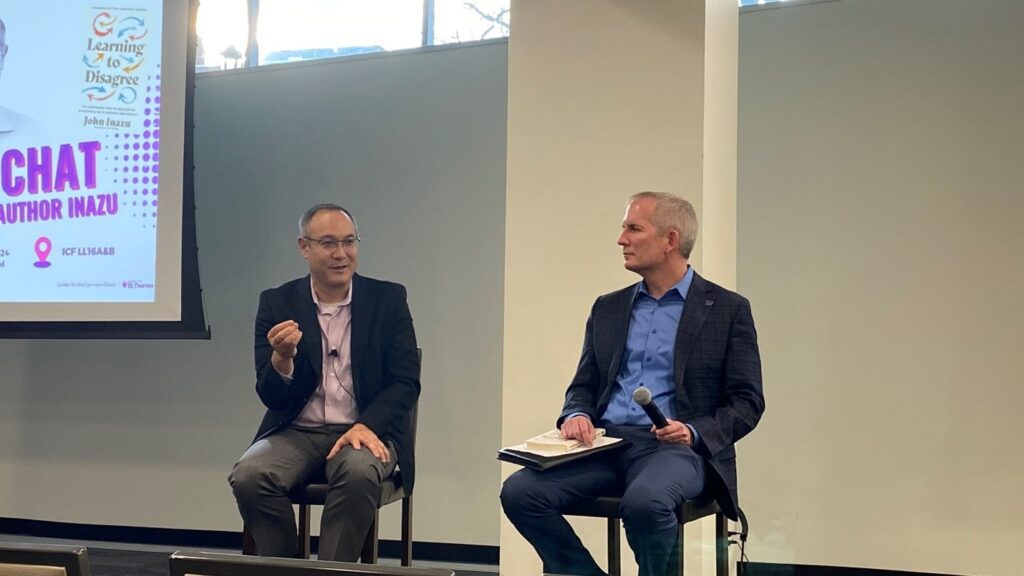Professors Tom Berg and Teresa Stanton Collett separately filed amicus briefs with the United States Supreme Court this week, urging the court to uphold the religious freedom of for-profit corporations that are now mandated to include in employees’ health insurance, coverage of drugs and devices that have the potential to cause abortions of new embryos.
At issue are two pending Supreme Court cases: Sebelius v. Hobby Lobby Stores, Inc., and Conestoga Wood Specialties Corp. v. Sebelius. Each centers around the Department of Health and Human Services’ oft-called “contraception mandate,” which imposes large fines on employers who do not provide health insurance coverage that includes emergency contraceptives like Plan B (the “morning after” pill) and Ella (the “seven-day-after” pill), and two kinds of intrauterine devices (IUDs). The challengers argue, based on government statements and other evidence, that these medicines and devices can terminate new embryos by preventing their implantation.
 Berg’s brief, filed on behalf of Democrats for Life of America and former Rep. Bart Stupak (D-Michigan), argues that the United States has an especially strong tradition of accommodating conscientious objections to abortion, a tradition that extends to for-profit businesses. The brief pulls together Berg’s work on conscience in the health-care context, as well as work for Democrats for Life, which supported the Affordable Care Act but worked to protect pro-life principles consistently in it (supporting health care coverage and women’s health, and protecting conscience rights concerning abortion). The brief focuses on the aspect of the contraception mandate that involves abortion.
Berg’s brief, filed on behalf of Democrats for Life of America and former Rep. Bart Stupak (D-Michigan), argues that the United States has an especially strong tradition of accommodating conscientious objections to abortion, a tradition that extends to for-profit businesses. The brief pulls together Berg’s work on conscience in the health-care context, as well as work for Democrats for Life, which supported the Affordable Care Act but worked to protect pro-life principles consistently in it (supporting health care coverage and women’s health, and protecting conscience rights concerning abortion). The brief focuses on the aspect of the contraception mandate that involves abortion.
 Collett’s brief, filed on behalf of the Ryan Institute for Catholic Social Thought, argues that for-profit closely-held corporations are capable of religious beliefs and actions under the Free Exercise Clause of the First Amendment. The Vocation of the Business Leader: A Reflection, published by the Pontifical Council for Peace and Justice in collaboration with the Ryan Institute, is quoted, as well as the scholarship of the founding director of the Ryan Institute, Professor Robert Kennedy, and the work of current director Professor Michael Naughton.
Collett’s brief, filed on behalf of the Ryan Institute for Catholic Social Thought, argues that for-profit closely-held corporations are capable of religious beliefs and actions under the Free Exercise Clause of the First Amendment. The Vocation of the Business Leader: A Reflection, published by the Pontifical Council for Peace and Justice in collaboration with the Ryan Institute, is quoted, as well as the scholarship of the founding director of the Ryan Institute, Professor Robert Kennedy, and the work of current director Professor Michael Naughton.
Both cases are scheduled to be argued March 25.






